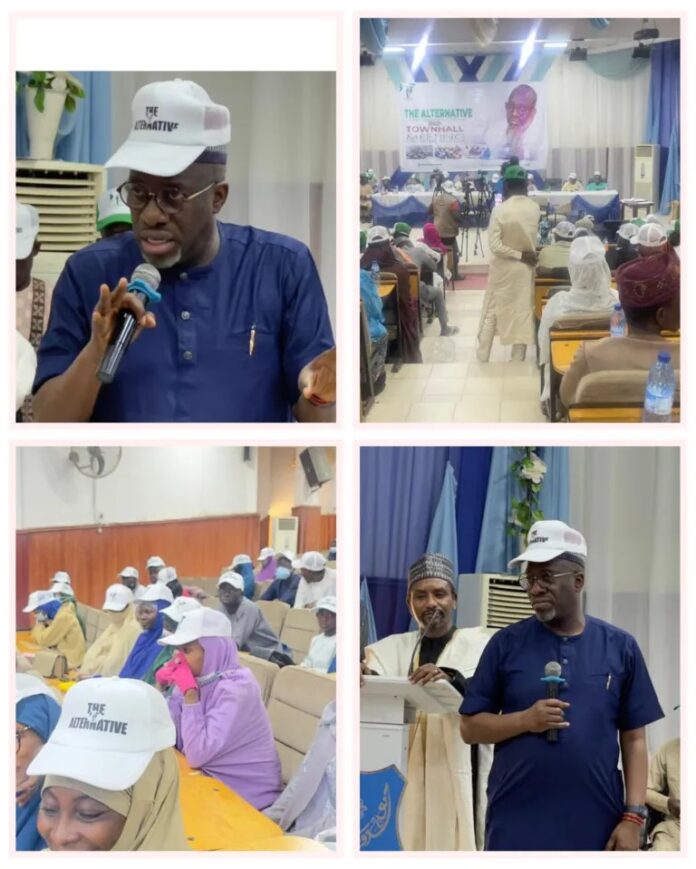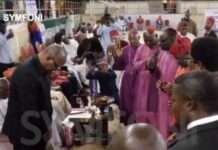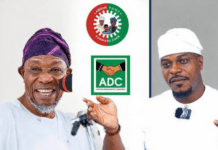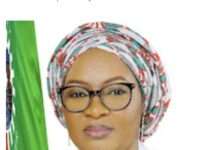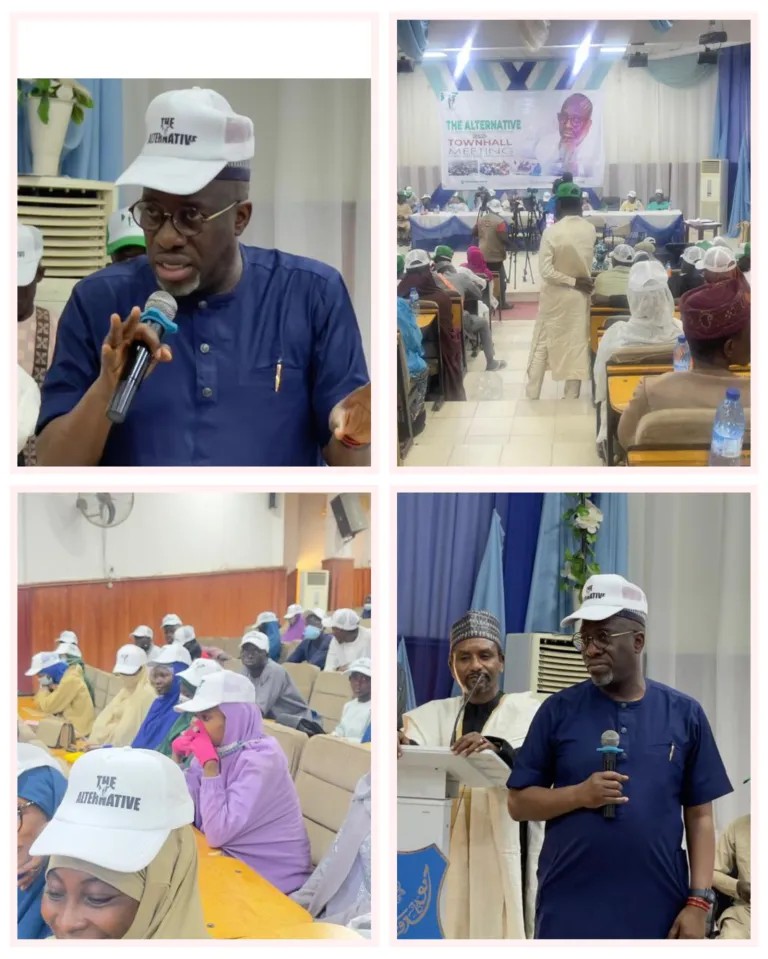
instances of vote-buying, where citizens sell their votes for items as trivial as noodles, salt, or meager sums of money. “Imagine people given the power to decide the fate of their leaders, selling it for a plate of spaghetti or N1,000. That cannot be right,” he said.
He warned Nigerians to be vigilant and reject politicians who use their wealth to manipulate elections, stressing that democracy must serve the people, not the elites. “We are here to reorient citizens, reminding them that democracy belongs to them. They must internalize it, protect it, and use it to secure their future,” he said.
The town hall meeting featured contributions from prominent stakeholders who echoed Showunmi’s call for change. Hon. Jafaar Sani Bello, a former governorship aspirant in Kano, emphasized the need to move beyond tribal and religious sentiments in leadership selection. “Leadership is not about religion or ethnicity; it’s about serving the people. Nigerians must elect leaders who prioritize the collective good,” he said.
Hajiya Khadija Dahiru, a prominent women’s advocate, urged women to actively participate in the electoral process and ensure their votes count. “Women must take their rightful place in shaping the future of this nation. Our votes must matter,” she said.
Hon. Aminu Ashiru Kwalam from Jigawa State also stressed the importance of citizens consciously selecting competent leaders. “The people must become the deciders of the leadership they deserve. This requires deliberate effort and vigilance to ensure their votes truly count,” he said.
Saidu Bello, National Coordinator of Atiku Abubakar’s Forum, highlighted the need for political education among the youth, urging them to study Nigeria’s history to make informed decisions in future elections.
In his closing remarks, Showunmi reiterated the urgency of reclaiming democracy and bridging the gap between the government and the governed. He urged Nigerians to embrace “The Alternative” as a platform for dialogue, consensus-building, and change. “This is about all of us. It’s not about one individual or group. Together, we must ensure that our democracy works for everyone,” he said.
As preparations for the 2027 elections begin, “The Alternative” offers a new hope for Nigeria’s democracy, placing the power of leadership selection firmly in the hands of the people. Whether this ambitious movement can achieve its goals remains to be seen, but it has undoubtedly sparked a crucial conversation about the future of governance in Nigeria.

